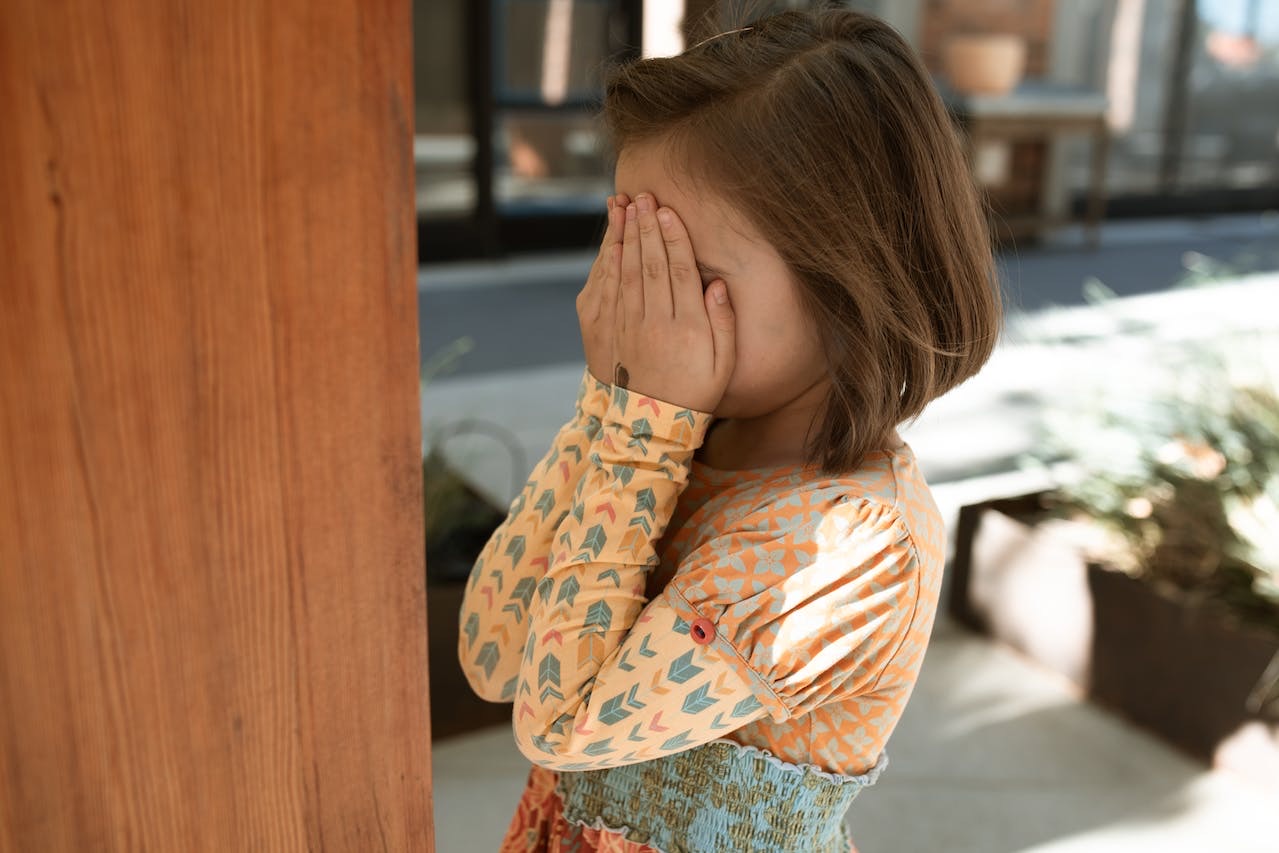Treating shyness in children at school
Shyness in children is a feeling of confusion, discomfort, and a little fear of being around other people. Treating shyness in children involves addressing these emotions and behaviors. In fact, a shy child tends to withdraw from social situations, avoiding eye contact, speaking in a soft voice or not at all, avoiding social interactions, and feeling fearful or anxious in social situations. Shyness is normal in children and can appear at any age. However, if shyness is affecting a child’s social or academic life, it may be important to seek help in treating shyness.
Treating shyness in children: what you should do and not
Do not classify your child as shy
we mustn’t label our children as shy and repeat this often. Children go through different stages in their development, and shyness may be just a temporary stage. If you always remind your child that they are shy, this will be imprinted on their personality. Rather, you should remind the child that shyness is not part of their identity, and this can help improve their self-confidence.
Teach your child social skills
Teaching children social skills is very important. We must encourage them to communicate with others and teach them how to deal with social situations effectively. This can include skills such as sharing toys with friends and negotiation skills.
Be open
Children may experience shyness if they feel that their parents are not open to them. Be available to talk to your child and listen to his or her concerns and ideas. This will help him feel comfortable and confident in sharing his feelings.
Help your child make alms
Encouraging children to make friends can help them overcome shyness. You can encourage your child to participate in social activities and support him or her in building positive relationships with friends.
Cultivate in him a love of self-respect
Self-confidence is very important to help children overcome shyness. You should encourage your child to accept himself as he is and take pride in his small achievements. Sometimes you may need to remind them that they are unique and their value does not depend on how social they are.
Communicate with teachers
Do not hesitate to reach out to teachers at school to understand how your child behaves in a school environment. Teachers may provide valuable advice on how to support the child and help him or her adapt to the school environment.
you can also check: Detecting signs of childhood depression: When to seek help
What are the reasons for shyness?
Genetics
Some studies indicate that there are genetic elements that play a role in the development of shyness in some children. Shyness can have genetic influences, as shyness can be a family tendency.
Exposure to criticism
Experiences of negative criticism may increase the level of shyness in children. When a child is exposed to constant criticism from others, he may feel unsure of himself and avoid social situations.
Shyness as a learned behavior
Sometimes, shyness can be the result of past negative experiences. For example, if a child has been exposed to embarrassing situations or negative experiences with others, he or she may develop shyness to protect against these experiences.
Nature of personality
Some children are naturally more sensitive and may react more tentatively to social situations. This sensitive nature can increase the likelihood of shyness.
fear of failure
Fear of failure can be one of the causes of shyness in children. If a child feels that he must always succeed and excel, he may fear situations that cause failure.
Lack of social interaction
Not being exposed to enough social interaction can lead to developing shyness. When a child does not practice interacting with others regularly, he or she may become less accustomed to these situations.
Family factors
Family environment can play a role in the development of shyness. Factors such as upbringing and interaction with family members can affect a child’s self-confidence and ability to interact with others.








